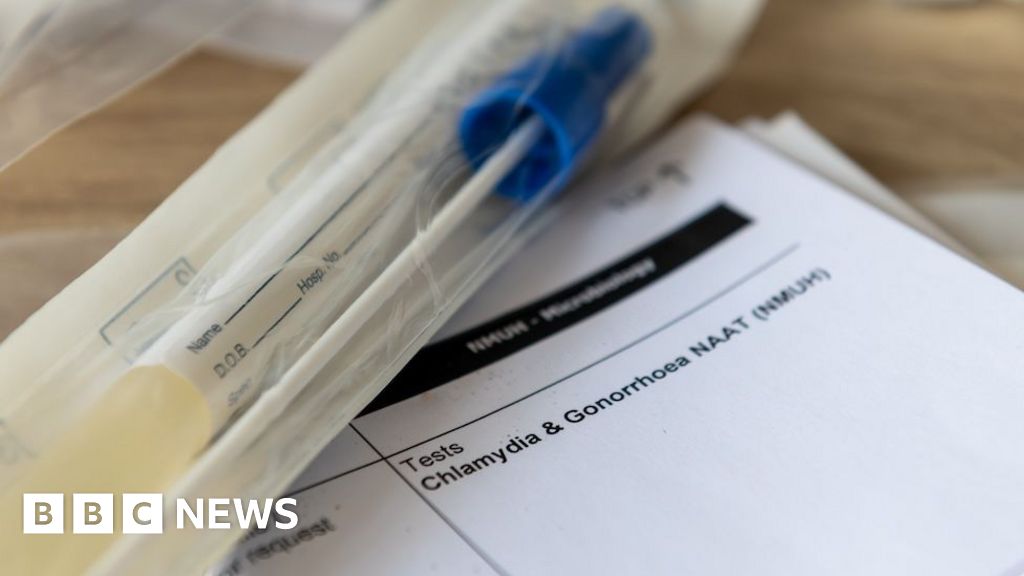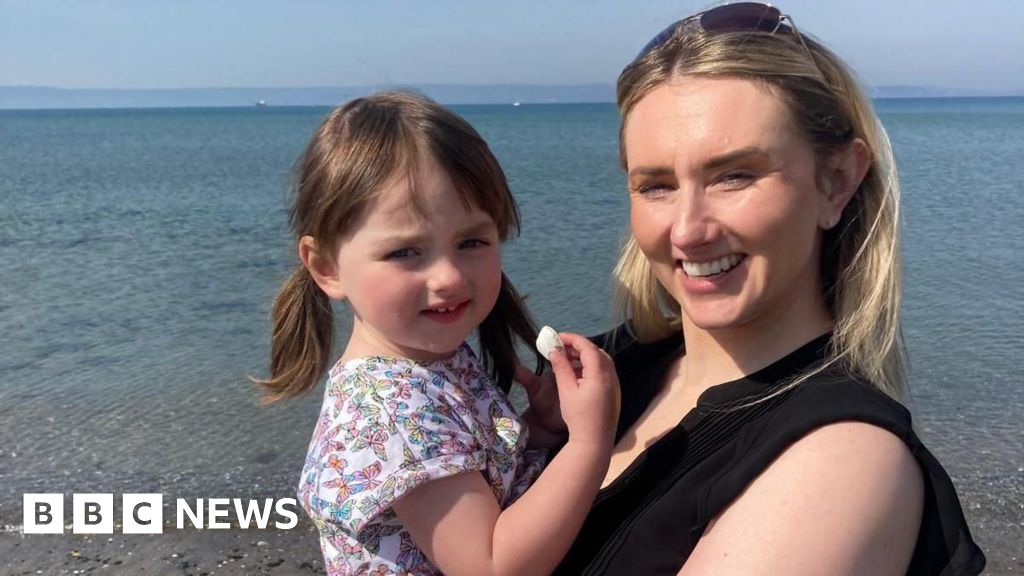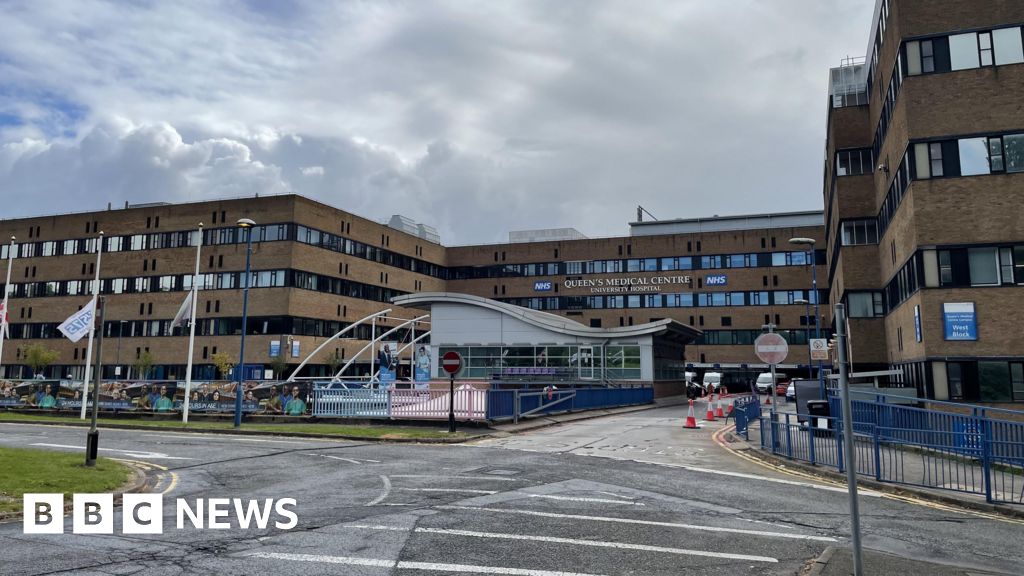ARTICLE AD BOX
image source, Getty Images
Measures to deal with rising Covid cases in England over the winter have been announced - with a contingency "Plan B" if things get worse.
Single vaccines will be offered to children aged 12-15 and booster jabs to over-50s, health workers and the most vulnerable. Scotland, Wales and Northern Ireland have confirmed they will offer the same.
What is England's Plan A?
Covid booster jabs will be offered to around 30 million people, including the over-50s, younger adults with health conditions and frontline health and social care workers.
Health Secretary Sajid Javid said Plan A would also include offering vaccines to youngsters aged 12-15 and continuing to encourage unvaccinated people to get jabbed.
- continuing the work of NHS Test and Trace and with free PCR tests
- encouraging free flu vaccine take-up (extended to over-50s and secondary school pupils)
- reminding people to let in fresh air if meeting indoors and to wear face coverings in crowded settings
What is England's Plan B?
If Plan A is not sufficient to prevent "unsustainable pressure" on the NHS, the government says Plan B will be required "as a last resort" - including:
Plan B could be brought in at short notice as a response to "concerning" data.
Government scientific advisers haven't said exactly what this data would be, but say it's important to keep an eye on:
- the number of hospitalisations
- rapid rates of change in figures
- the overall state of the NHS
Prime Minister Boris Johnson said parts of Plan B could be introduced gradually, rather than all at once.
What are the current rules in England?
Businesses such as nightclubs are encouraged to use the NHS Covid Pass to check people are fully vaccinated.
What is the situation in Scotland?
- Physical distancing rules remain in healthcare settings such as hospitals, doctors' surgeries and dentists, where the 2m (6ft) rule remains
- Face coverings compulsory on public transport and inside places like shops "for some time to come"
- Anyone with Covid symptoms must self-isolate for 10 days (or until a negative PCR result)
- Indoor hospitality venues must collect customer contact details
- Continue working from home where possible
- Large event organisers (5,000 outdoors, 2,000 indoors) must apply for permission
- Restrictions remain in schools until the October holidays, including 1m physical distancing
- The government reserves the right to re-impose local travel restrictions
From 1 October, all over-18s will be required to prove their vaccine status at nightclubs and other venues.
What are the restrictions in Northern Ireland
- A maximum of 15 people from four households allowed to mix indoors in domestic settings
- Tickets for live performances must no longer be bought in advance, with no requirement for allocated seating
- Social distancing of at least 1m (3ft) in indoor premises such as restaurants, shops and indoor attractions
- Face coverings mandatory on public transport, in shops and some other settings, unless you are exempt
- Anyone with Covid symptoms must self-isolate for 10 days (or until a negative PCR result)
- Work from home where possible
- Nightclubs closed
- Dancing not permitted at indoor venues where music is played (apart from weddings and civil ceremonies.
image source, Getty Images
What restrictions are still in place in Wales?
- Work from home wherever possible
- Businesses must carry out risk assessments to decide on social distancing measures
- Face coverings remain compulsory on public transport, and in shops and hospitals - but not bars/restaurants
- Anyone with Covid symptoms must self-isolate for 10 days (or until a negative PCR result)
- College and secondary school staff and students should keep testing regularly
- Face masks no longer advised in schools, but still recommended in crowded spaces like school buses
Wales' First Minister Mark Drakeford has said he could be persuaded of the need for vaccine passports. His government is due to decide this week.

 3 years ago
94
3 years ago
94








 English (US) ·
English (US) ·